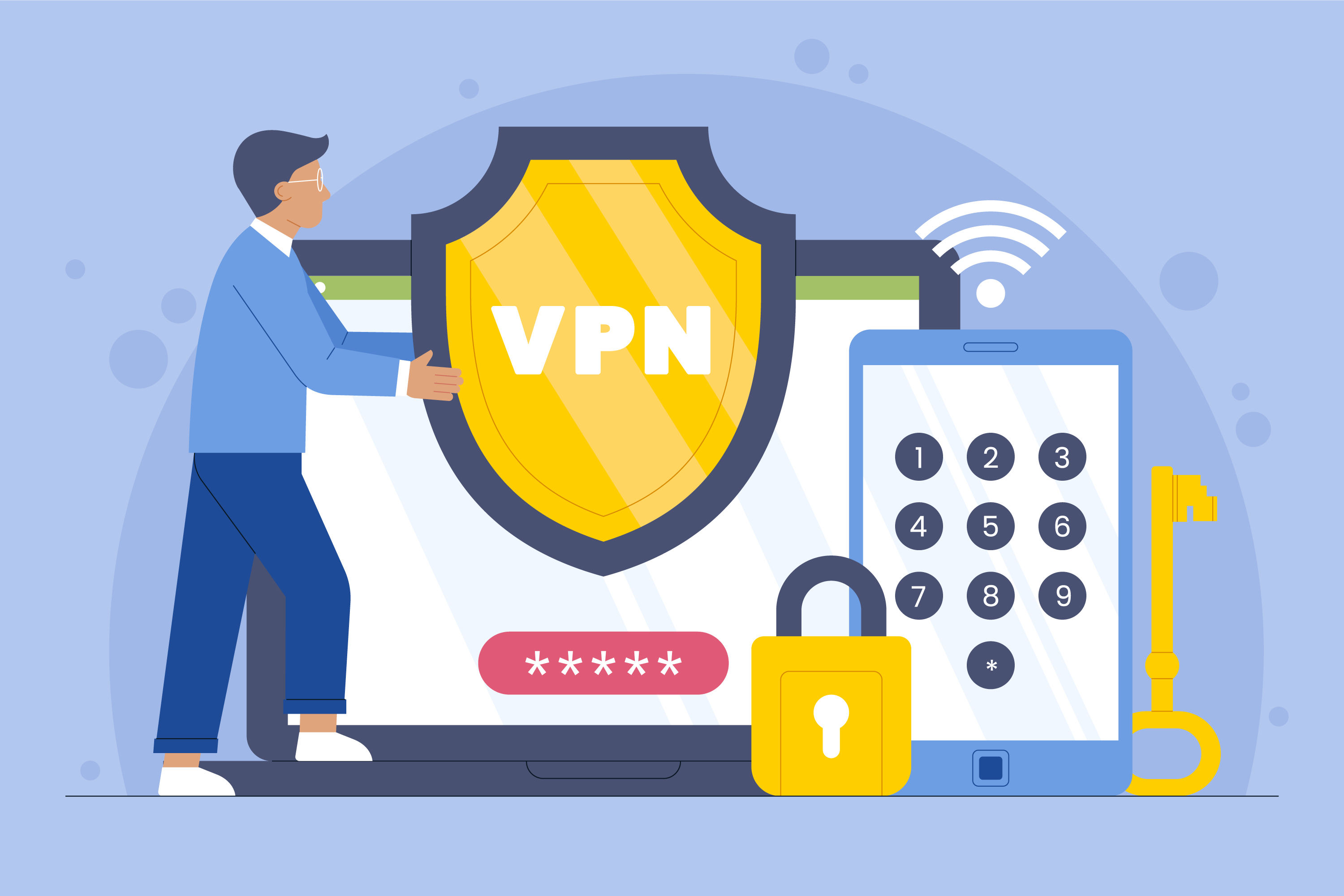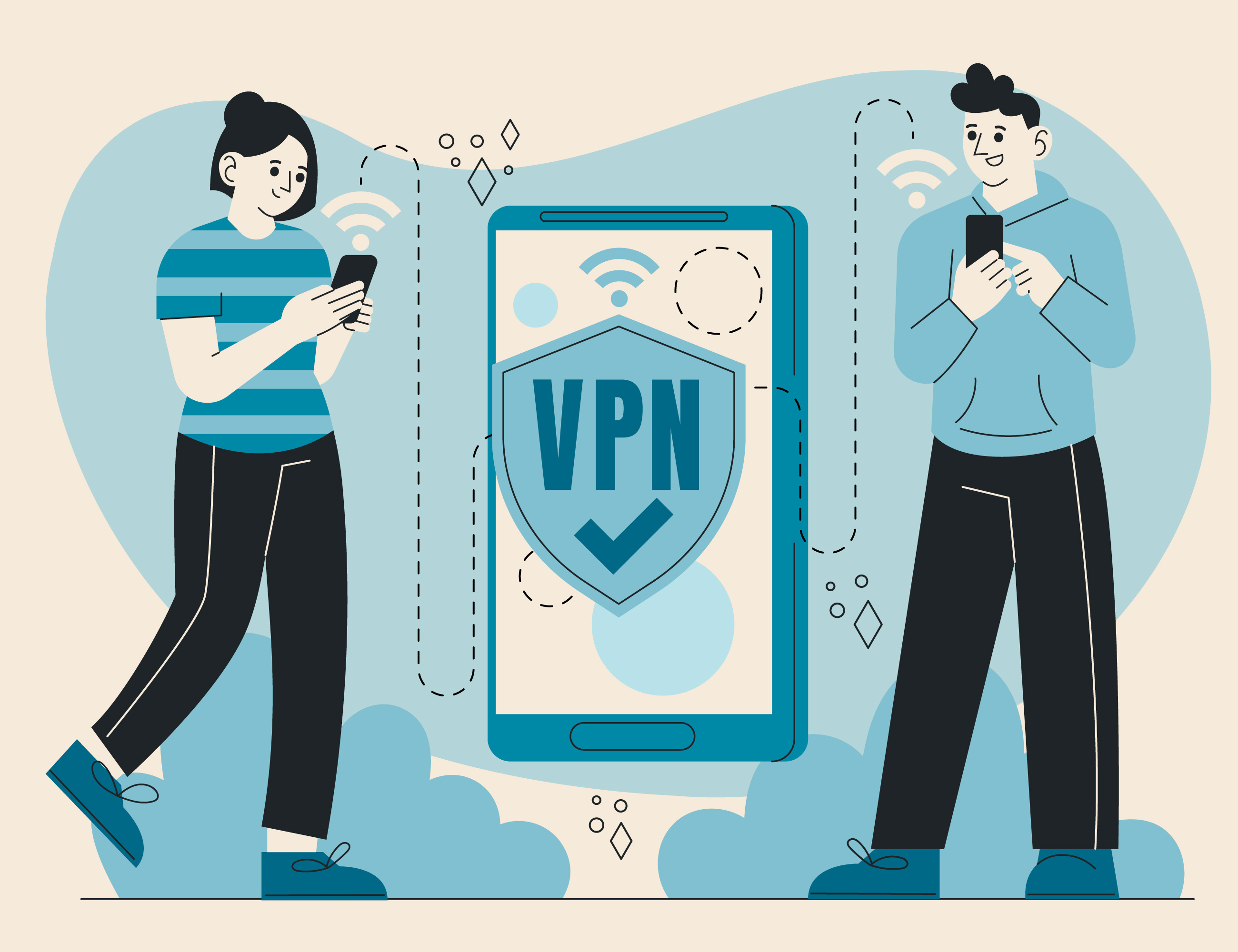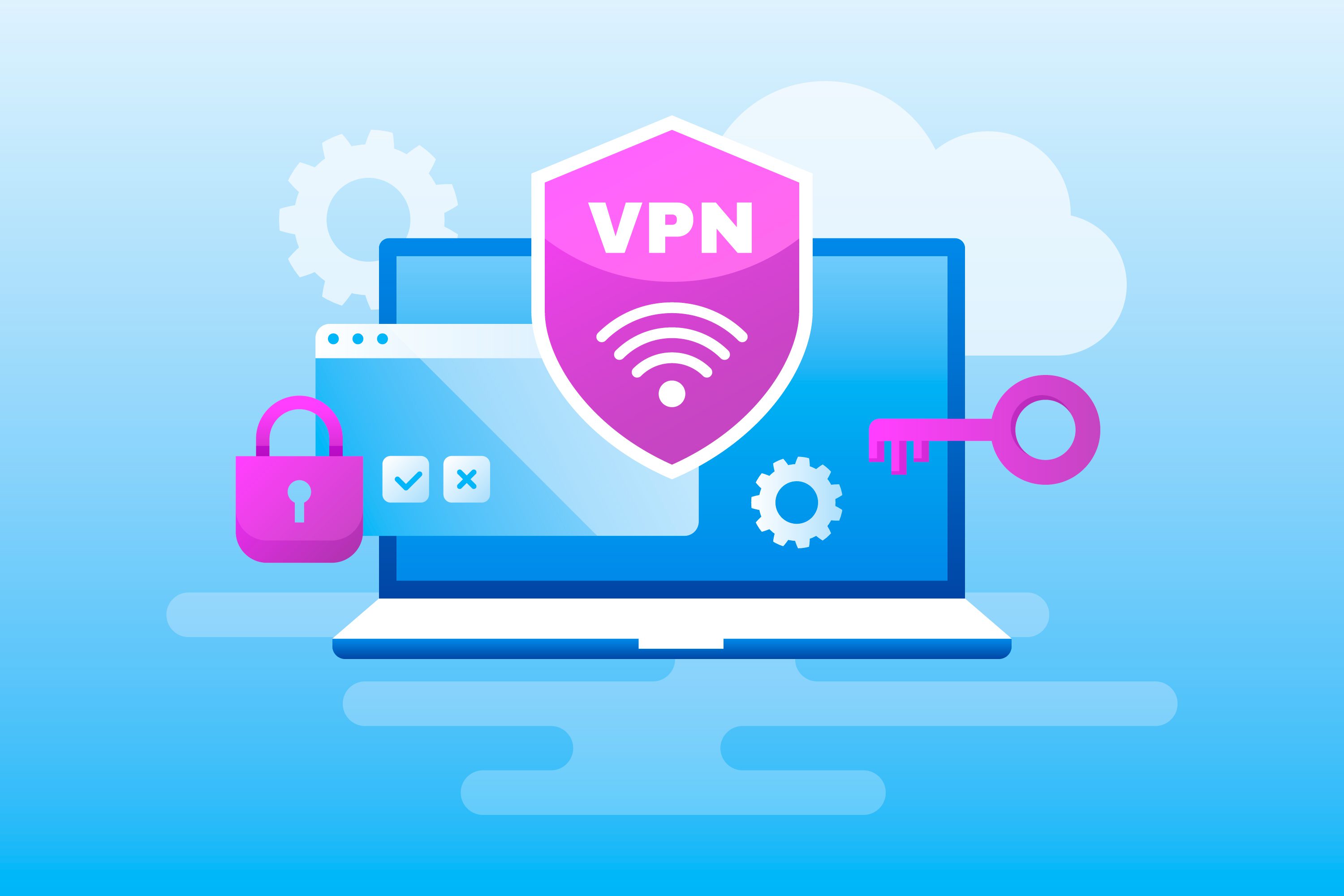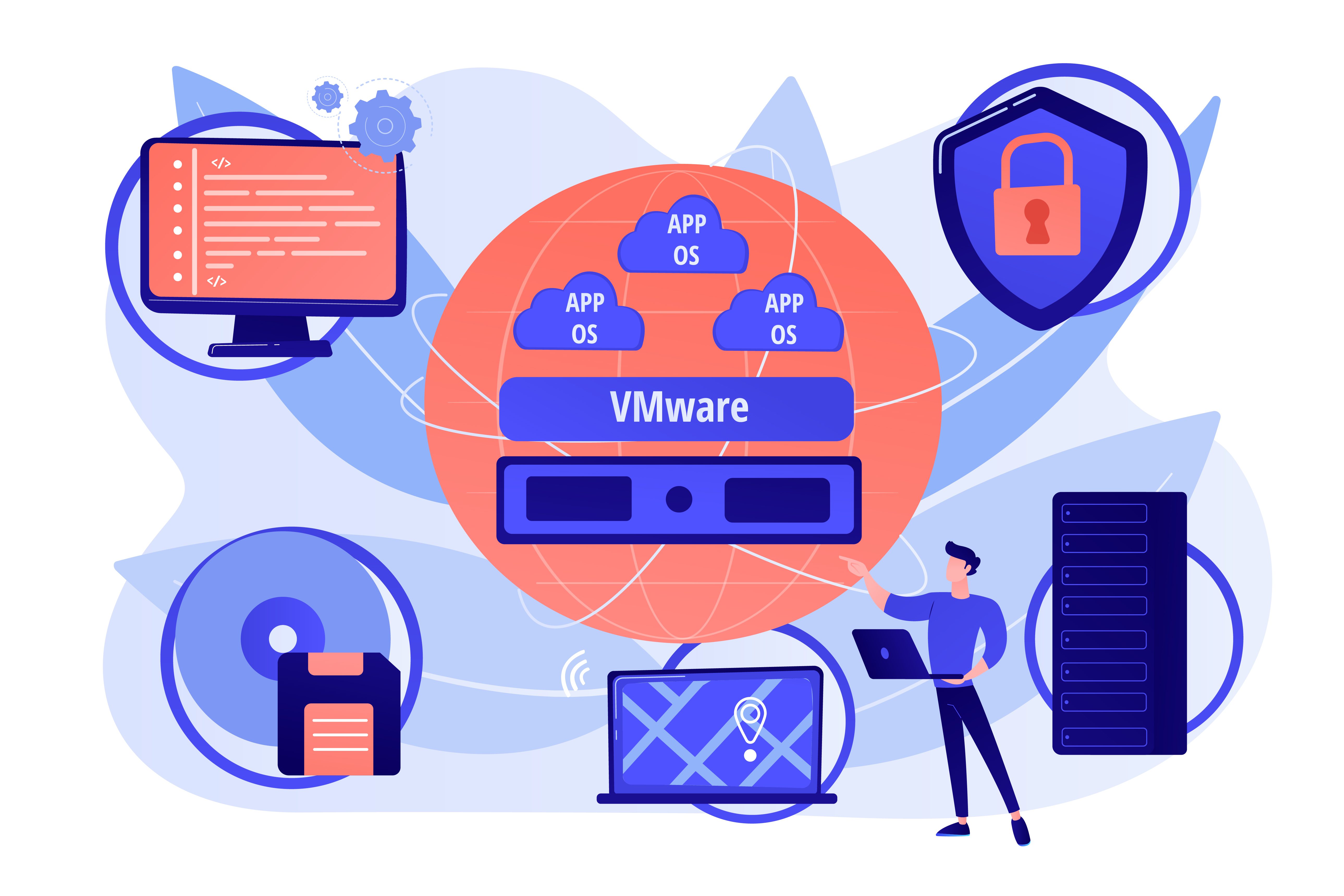Picture Supply: freepik
In our interconnected world, cybersecurity is of paramount importance, guarding against evolving threats that can compromise our personal information and online activities. This blog serves as an essential resource, delving into cybersecurity fundamentals, highlighting common threats, and demonstrating how NordVPN keeps you safe and acts as a crucial shield for ensuring online safety.
The Cybersecurity Landscape
Understanding the current state of cybersecurity is pivotal as we traverse the digital landscape. A diverse array of threats, including malware attacks, phishing schemes, ransomware, and more, constantly adapts to exploit vulnerabilities. Staying vigilant and informed is imperative for individuals and businesses alike.
Understanding Cyber Threats
Malware
Malicious software, or malware, manifests in various forms, posing threats such as viruses, worms, and Trojans. Awareness of suspicious downloads, avoiding untrustworthy websites, and maintaining up-to-date antivirus software are vital precautions.
Phishing
Phishing attacks involve deceitful attempts to obtain sensitive information by posing as trustworthy entities. Recognizing phishing attempts and refraining from sharing personal information are essential measures to thwart these scams.
Ransomware
Ransomware utilizes encryption to lock files, compelling the victim to pay a ransom for their retrieval. This growing threat necessitates regular data backups, caution with email attachments, and robust security measures to mitigate the risk.

Picture Supply: Freepik
What remains visible despite using a VPN?
This is not entirely accurate, given the existence of alternative methods for monitoring online activities.
Malware present on your device has the capability to track your online endeavors and pilfer sensitive information, including various personal data.
Browser fingerprinting is the process of recognizing an individual based on distinctive elements such as browser extensions, screen resolution, and operating system. Although this data may not directly disclose personal identity, it can aid in identifying a specific individual.
Cookies, which are small pieces of code stored on your device or browser during website visits, monitor your requests to enhance user experience. However, third-party cookies, primarily employed for advertising, have the capability to track your activities across various platforms. This explains why you may encounter ads related to recent searches.
The Role of NordVPN
As cyber threats evolve, virtual private networks (VPNs) like NordVPN have become indispensable for enhancing online security. NordVPN keeps you safe and plays a pivotal role in safeguarding digital presence through:
Encryption Technology
NordVPN employs cutting-edge encryption technology, creating a secure tunnel for data. This prevents unauthorized access, ensuring the confidentiality and security of online activities.
Protection Against Tracking and Surveillance
NordVPN addresses concerns related to online tracking and surveillance with its no-logs policy. By not storing user activity data, NordVPN ensures user privacy, safeguarding against data-hungry entities.
Secure Access to Public Wi-Fi
Public Wi-Fi networks are notorious for vulnerabilities, making users susceptible to cyber threats. NordVPN mitigates this risk by encrypting internet traffic, providing secure browsing even on public networks.
Implementing Cybersecurity Best Practices
While NordVPN significantly enhances online security, integrating cybersecurity best practices is equally crucial:
Stay Informed: Regularly update your knowledge on cybersecurity threats and trends.
Use Strong, Unique Passwords: Employ complex passwords for accounts and avoid repetition across platforms.
Enable Two-Factor Authentication (2FA): Add an extra layer of security by enabling 2FA wherever possible.
Regularly Update Software: Keep operating systems, antivirus software, Ensure your operating systems, antivirus software, and applications are regularly updated to address potential vulnerabilities.
Practice online vigilance: Approach suspicious emails, links, and online content with caution downloads. Refrain from clicking on unverified sources.

Picture Supply: Freepik
How to select a secure VPN?
Obfuscated Servers:
Concealing your VPN usage, these servers render it undetectable and thwart blocks, especially beneficial in areas where VPNs face restrictions.
Kill Switch:
This function promptly severs your internet connection if your VPN connection drops, preventing inadvertent exposure of your online activities.
Strong Encryption:
Select a VPN equipped with the latest, highly secure encryption protocols to ensure there are no vulnerabilities or security loopholes.
DNS Leak Protection:
Opt for a VPN that directs all DNS queries through its secure tunnel, safeguarding the privacy of your online activities consistently.
As we navigate the vast digital landscape, understanding and implementing cybersecurity measures are essential for safeguarding our digital identities. NordVPN stands as a formidable defender against cyber threats, providing robust encryption, privacy protection, and secure access to the online world.
By combining the strength of NordVPN with proactive cybersecurity measures, users can confidently engage with the digital realm. As technology advances, staying informed and proactive in adopting security measures will empower individuals to embrace the advantages of the digital era while mitigating the potential risks linked to cybersecurity threats.
Last modified: February 5, 2024












